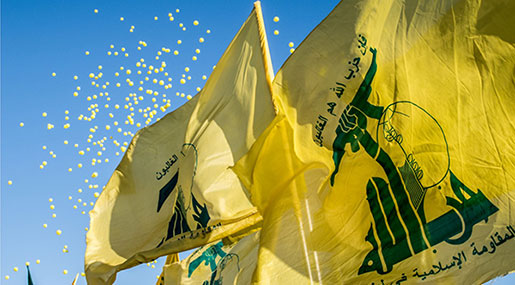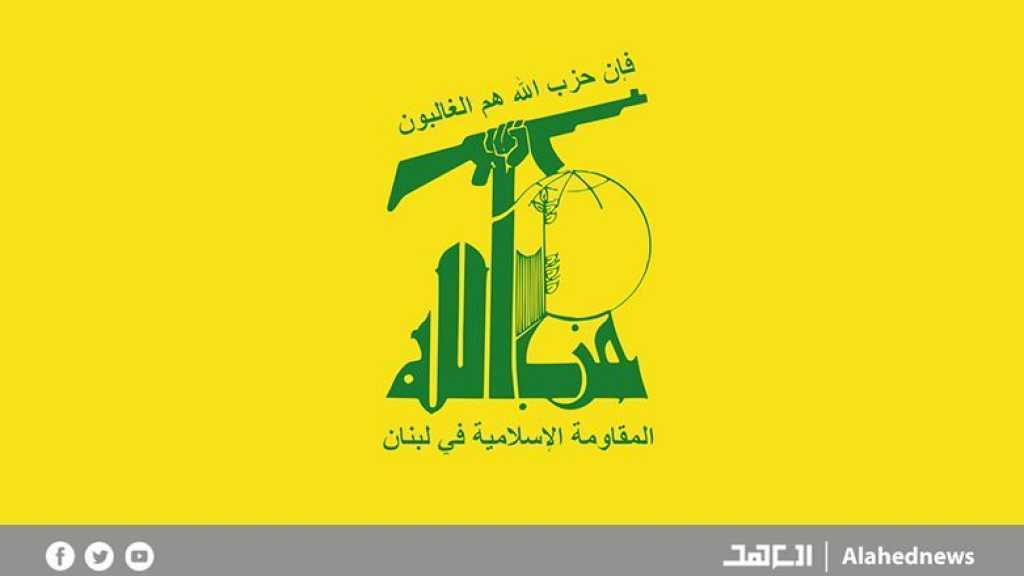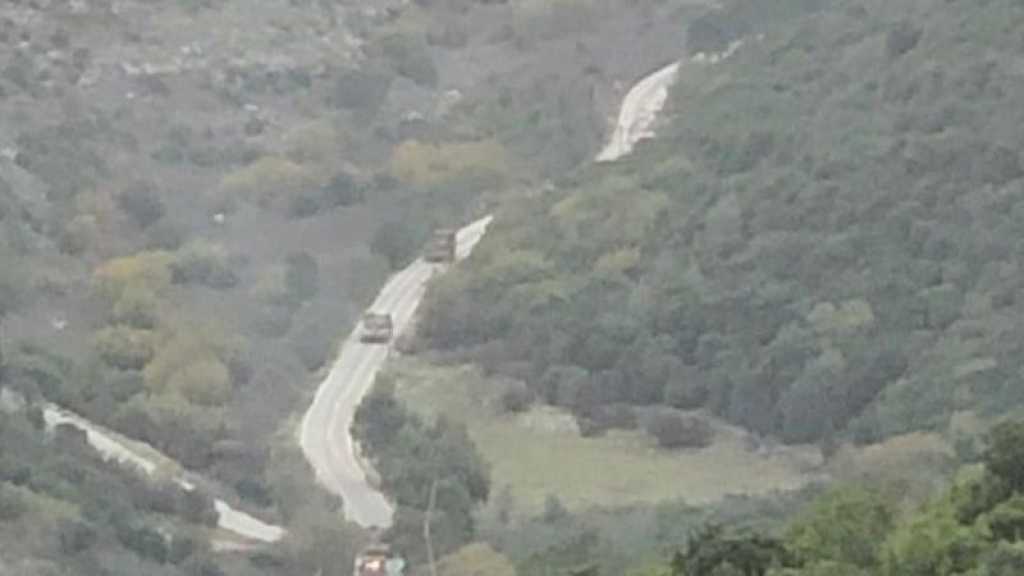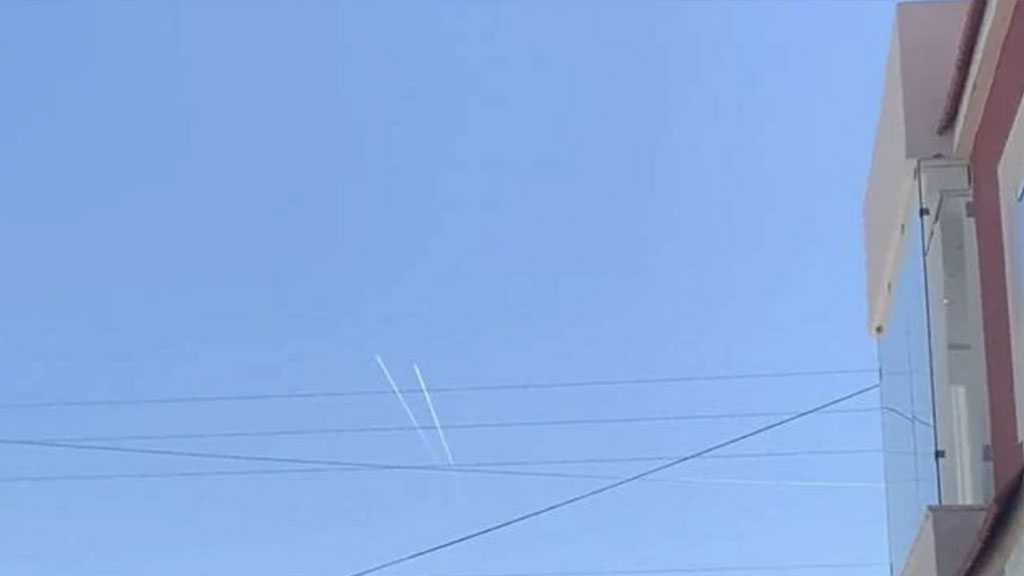
Pompeo Calls for Review of Security Assistance to Lebanon after Hezbollah’s Gains in Latest Elections

Local Editor
The US State Department and congressional hawks are taking a second look at US support for the Lebanese Armed Forces after Hezbollah and its allies won a parliamentary majority in May's elections.

Relatively, Mike Pompeo used his first official appearance before Congress as secretary of state to call for a review of US military assistance for Lebanon following the results of Lebanon's 2018 parliamentary elections in which Hezbollah made sweeping gains.
Washington has long relied on the Lebanese Armed Forces as a bulwark against the resistance's paramilitary group's influence in Lebanon. But critics of the army's unwillingness to confront Hezbollah, a key factor in Lebanese politics, are gaining traction as US President Donald Trump's administration pursues a more aggressive stance against Tehran.
"We need a review ... to make sure that we're using American tax dollars right in supporting the groups that can most likely achieve our outcome there," Pompeo testified before the House Foreign Affairs Committee today as the Trump administration weighed in on a simmering debate about Lebanon.
"That's the first time the administration openly mentioned some things related to a review of the use of the LAF [Lebanese Armed Forces] aid," Joseph Gebeily, the president of the Lebanese Information Center, a think tank critical of Hezbollah, told Al-Monitor.
"The Lebanese Armed Forces have been a very useful partner to the US military. They've built a good relationship," he confessed.
The United States announced at a donor conference earlier this year that it was providing the Lebanese Armed Forces with three transportation helicopters worth $30 million. Since 2006, Washington has given the Lebanese Armed Forces more than $1.7 billion.
Proponents of the Lebanese Armed Forces point to the army's recent deployment to secure the Lebanese border and its success last year in pushing Daesh [the Arabic acronym for terrorist ‘ISIS/ISIL' group] and al-Qaeda militants out of the country. Hezbollah, however, also participated in the offensive, lending further ammunition to the Lebanese Armed Forces' critics in Washington.
Still, some Republican lawmakers who have voiced similar concerns nevertheless cite the Lebanese Armed Forces as an important tool in curbing Hezbollah's influence in Lebanon.
"We have worked closely with the Lebanese Armed Forces over the years to try to strengthen that institution because basically you have the formulation of a ... state within a state," House Foreign Affairs Committee Chairman Ed Royce, R-Calif., told Al-Monitor following Pompeo's testimony. "So we want to make certain that there is distance between the Lebanese Armed Forces and the capability of ... [Hezbollah] to get their hands on any material. And that is what I believe [Pompeo's] referring to."
However, Gebeily claimed that while the Lebanese Armed Forces have been effective in ensuring Lebanon's security, a review of their objectives is warranted as they have failed to disarm Hezbollah.
"The taxpayer is asking: Is my assistance, the money I'm giving ... to the LAF, disarming Hezbollah?" said Gebeily. "It's not, so maybe we should review the objective of this assistance to make it more in line with what's being achieved. If it has the purpose of disarming Hezbollah, then we should see how this can be implemented."
While Pompeo himself has a reputation as a hawk, singling out Hezbollah in a hardline Iran strategy speech earlier this week, his stance on the Lebanese Armed Forces has historically been more nuanced.
Gebeily, who said he formed a relationship with Pompeo during his time as a congressman from Kansas, said that while Pompeo has always been "very tough on Hezbollah and Iran," he was also "supportive of the LAF, strengthening state institutions overall - of course with the objective of weakening Hezbollah."
As a member of Congress, Pompeo's district included Wichita, which boasts a sizable Lebanese American population. During that time, he made at least two trips to Lebanon, in 2014 and 2015, as a member of the House Intelligence Committee.
A readout of that first trip says Pompeo "reaffirmed US support for Lebanon's security and political institutions." And on his second trip, Pompeo met with Michel Aoun, now the country's president who has since been a Hezbollah-allied member of parliament.
Despite calling for a review, Pompeo still reaffirmed, in his testimony today, the US support for the Lebanese Armed Forces "to help us achieve the security element of our efforts."
And although he expressed concern about Hezbollah's strength in the Lebanese government, he conceded that "ultimately it's our assessment at this point that the overall balance of power won't be materially changed" by this month's [May's] elections.
Source: Al-Monitor, Edited by website team
Comments


![Netanyahu: What Startled Me is Thet [Sayyed] Nasrallah Was the Axis of the Axis](https://english.alahednews.com.lb/uploaded2/images/20241221111732.jpg)
